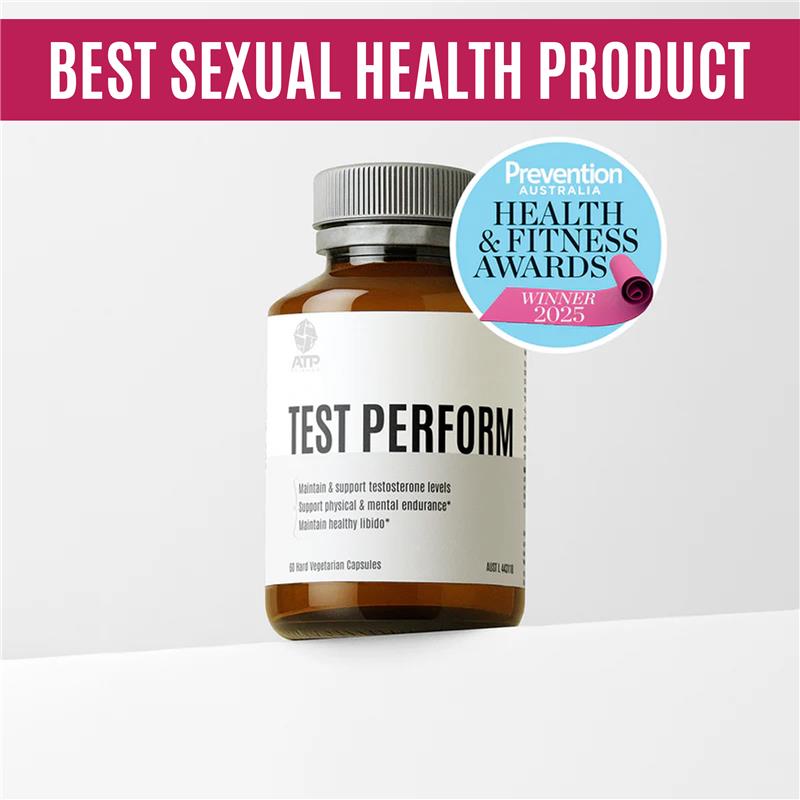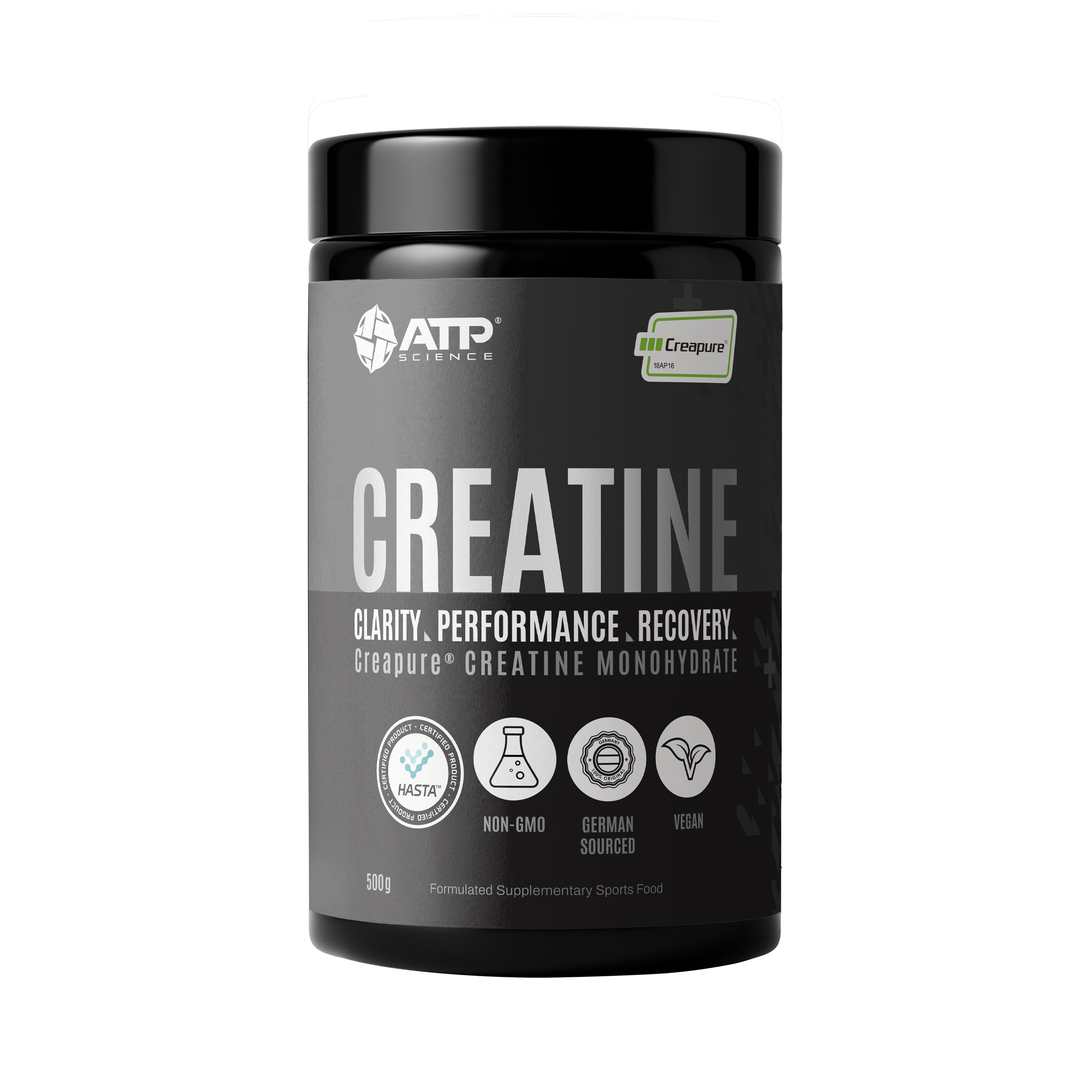3 Ways To Keep Your Health in Check Over Christmas
Christmas is a busy time! There are gifts to buy, parties to attend, and usually LOTS of food to eat. Inadequate sleep can also become a common theme for the month of December, often paired with less physical activity. The “lifestyle quality” bar is usually set a little lower during this time, sometimes it is lowered so much that by the end of the month it can be difficult to push back up. This is when new years resolutions get made and we don’t want you to have to waste one of these on aiming to look and feel better. We want you to save them for other things like…well let's be real, new years resolutions have a pretty low success rate so we want to make sure you are sorted before it gets to this point. We can’t perform miracles and are not saying you can eat what you like, have no sleep, and live on the couch in between events and still feel amazing. However, there are a few easy things you can do to help make sure your bar does not completely hit the ground and continue to roll away this holiday season.

1. Eat Protein, Healthy Fats, and Load up on Antioxidants.
It is often the good-quality proteins, complex carbohydrates, and healthy fats that get pushed aside during the Christmas period. With a smorgasbord of delicious treats and “once-a-year dishes” we completely understand. Not to mention the constant stream of events, it can be difficult to stick to a balanced eating pattern.
How To Eat Adequate Protein, Healthy Fats, Fibre, and Antioxidant-Rich Foods?
When attending an event, have a quick and easy protein rich snack beforehand, this could look like your choice of protein powder or bars, a handful of nuts, and maybe even a handful of berries to give you an antioxidant boost for the day.
When sitting down for a meal, focus on the main course, load your plate with a variety of vegetables and fruits, a protein source (bonus points if Salmon or fatty fish is available), and some healthy fats which could look like nuts or seeds as salad or pasta inclusions and olive oil-based salad dressing. This will help to ensure that you are staying full and allow you to avoid overindulging on your mum's creamy potato bake you have been dreaming of since the 1st of December or the tasty dessert options.
Support Your Gut With Polyphenols
The good news is, your gut microbiome can change daily for the better or worse. Everything you do counts. With this in mind, if you are at an event and there is an option to add some colorful fruits and vegetables to your plate or appetizer selection then this is a great idea. Choose vibrant and varied colours and enjoy the benefits of a variety of polyphenols. There is some pretty incredible research showing the ability of polyphenols to encourage your “good” gut bugs to flourish and discourage the bad ones. (1,2) It is a bonus that polyphenol-rich foods are usually good sources of fiber which can help to keep your bowels regular and aid your body to “detox” any nasties (wine excluded, polyphenols yes - fiber no!).
Christmas foods commonly served that are high In polyphenols:
- Cherries
- Blackberries
- Cranberries
- Red Wine - in moderation
- Colourful fruits, and vegetables including seeds and skins when possible.
2. Support Your Sleep
Sleep Hygiene
One of the best things you can do for your sleep is to keep up or implement some basic sleep hygiene strategies that support optimal cortisol and melatonin levels. Studies have shown that sleep hygiene education focusing on implementing routines in the evening while also focusing on a few key things during the day can improve sleep quality. (3) If you already have a sleep routine that works for you, even if it is just to have a shower, brush your teeth and any relaxation strategies you enjoy before bed - try to keep as many of these in your evening as possible. These are the signals your body associates with sleep.
Sleep Hygiene Ideas:
- Exercise for at least 30 minutes a day
- Expose yourself to some natural light first thing in the morning
- Reduce caffeine, nicotine, and alcohol consumption
- No screen time 2 hours before bed, reduce light exposure, and use only dim lights.
- Pick a relaxation technique that works for you and do this before you go to sleep. This could be yoga, quiet time for processing thoughts, deep breathing, aromatherapy…whatever works.
- Brush your teeth, shower, and do any other tasks you usually do before bed while ensuring your sleep space is as dark, calm, quiet, and cool as possible.
Herbal Support
If you are still struggling to get a solid and good night's sleep and your sleep hygiene strategies have gone out the window due to your busy schedule then you could consider herbal support.
- Lavender essential oil in your diffuser could promote relaxation and sleep (4), bonus points if you already use this for relaxation and your body already associates this scent with the need to wind down, relax and sleep.
- Camomile tea could be a great addition to your bedtime routine to encourage relaxation and give you some much-needed wind-down time before bed. (5)
- Ashwagandha is a popular adaptogen that has been used in Ayurvedic medicine for centuries as a natural remedy for improving sleep. It is believed to help reduce stress and anxiety, which can help to promote relaxation and improve the quality of sleep. (6)
3. Prepare for Inflammation and Offer Your Body Support
Whether it is the indulgent foods, lack of sleep, alcohol, or stress of a long list of events to attend, your body is probably feeling the pressure this month. Acknowledging that your body might be in a slightly more inflammatory state can help you to implement some strategies to offer support.
Anti-inflammatory herbs
The below herbs will be welcomed additions to your cooking or supplement regime when aiming to combat and manage inflammation.
- Turmeric contains the active ingredient curcumin, which is a powerful antioxidant that is believed to help reduce inflammation in the body. (7)
- Ginger contains compounds such as gingerols and shgaols which are believed to help reduce inflammation. (7)
- Boswellia is known for it’s its anti-inflammatory effects due to the active compounds, boswellic acids. (8)
Support your Liver
With the constant stream of less-than-ideal foods, alcohol, and reduced physical activity, your liver might appreciate a little bit of love and support.
- Milk thistle has been used for centuries as a natural remedy for a variety of ailments, particularly liver and gallbladder problems. The active ingredient in milk thistle is silymarin, which is a powerful antioxidant. It is believed to work by protecting the liver from toxins and helping to repair liver cells that have been damaged. (9)
- Dandelion contains taraxacin and taraxacerin, which are believed to help improve liver function and protect the liver from damage. (10)
- Schisandra contains active compounds such as Schisandra and deoxyschisandrin and studies show it’s effectiveness in improving liver function and protective mechanisms. (11,12)
The Take Home Message
Christmas is just around the corner and for many of you, the events and festivities would have already begun. If you want to feel your best while maintaining your energy levels so you can dance into the new year and beyond then this blog is for you. Consider leveling up any meal you can with quality proteins, fats, and antioxidant-rich foods while utilising natures herbs for sleep support and to combat any extra inflammation your body will be tackling. Most of all enjoy the holiday season, we hope this helps you to make the most of it!
References
- Cardona F, Andrés-Lacueva C, Tulipani S, Tinahones FJ, Queipo-Ortuño MI. Benefits of polyphenols on gut microbiota and implications in human health. J Nutr Biochem. 2013 Aug;24(8):1415-22. doi: 10.1016/j.jnutbio.2013.05.001. PMID: 23849454.
- Wan MLY, Co VA, El-Nezami H. Dietary polyphenol impact on gut health and microbiota. Crit Rev Food Sci Nutr. 2021;61(4):690-711. doi: 10.1080/10408398.2020.1744512. Epub 2020 Mar 25. PMID: 32208932.
- Dietrich SK, Francis-Jimenez CM, Knibbs MD, Umali IL, Truglio-Londrigan M. Effectiveness of sleep education programs to improve sleep hygiene and/or sleep quality in college students: a systematic review. JBI Database System Rev Implement Rep. 2016 Sep;14(9):108-134. doi: 10.11124/JBISRIR-2016-003088. PMID: 27755323.
- Drugs and Lactation Database (LactMed) [Internet]. Bethesda (MD): National Library of Medicine (US); 2006–. Lavender. 2022 Feb 20. PMID: 30000925.
- Ali R, Tariq S, Kareem O, Fayaz F, Aziz T, Meenu, Pottoo FH, Siddiqui N. Nutraceuticals for Sleep Disorders. Comb Chem High Throughput Screen. 2021 Sep 14;24(10):1583-1592. doi: 10.2174/1386207324666210121111446. PMID: 33475068.
- Cheah KL, Norhayati MN, Husniati Yaacob L, Abdul Rahman R. Effect of Ashwagandha (Withania somnifera) extract on sleep: A systematic review and meta-analysis. PLoS One. 2021 Sep 24;16(9):e0257843. doi: 10.1371/journal.pone.0257843. PMID: 34559859; PMCID: PMC8462692.
- Yatoo MI, Gopalakrishnan A, Saxena A, Parray OR, Tufani NA, Chakraborty S, Tiwari R, Dhama K, Iqbal HMN. Anti-Inflammatory Drugs and Herbs with Special Emphasis on Herbal Medicines for Countering Inflammatory Diseases and Disorders - A Review. Recent Pat Inflamm Allergy Drug Discov. 2018;12(1):39-58. doi: 10.2174/1872213X12666180115153635. PMID: 29336271.
- Efferth T, Oesch F. Anti-inflammatory and anti-cancer activities of frankincense: Targets, treatments and toxicities. Semin Cancer Biol. 2022 May;80:39-57. doi: 10.1016/j.semcancer.2020.01.015. Epub 2020 Feb 4. PMID: 32027979.
- Abenavoli L, Izzo AA, Milić N, Cicala C, Santini A, Capasso R. Milk thistle (Silybum marianum): A concise overview on its chemistry, pharmacological, and nutraceutical uses in liver diseases. Phytother Res. 2018 Nov;32(11):2202-2213. doi: 10.1002/ptr.6171. Epub 2018 Aug 6. PMID: 30080294.
- Li Y, Chen Y, Sun-Waterhouse D. The potential of dandelion in the fight against gastrointestinal diseases: A review. J Ethnopharmacol. 2022 Jul 15;293:115272. doi: 10.1016/j.jep.2022.115272. Epub 2022 Apr 8. PMID: 35405251.
- Park HJ, Lee SJ, Song Y, Jang SH, Ko YG, Kang SN, Chung BY, Kim HD, Kim GS, Cho JH. Schisandra chinensis prevents alcohol-induced fatty liver disease in rats. J Med Food. 2014 Jan;17(1):103-10. doi: 10.1089/jmf.2013.2849. PMID: 24456360; PMCID: PMC3901324.
- Sinclair S. Chinese herbs: a clinical review of Astragalus, Ligusticum, and Schizandrae. Altern Med Rev. 1998 Oct;3(5):338-44. PMID: 9802911.


















